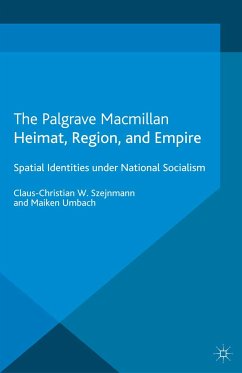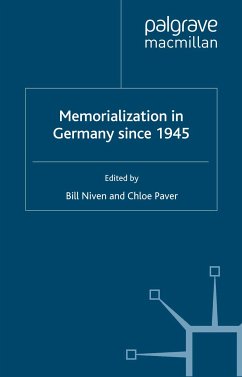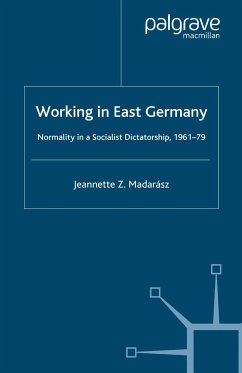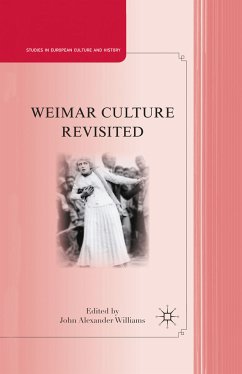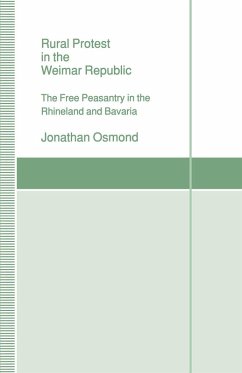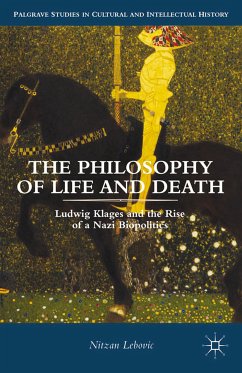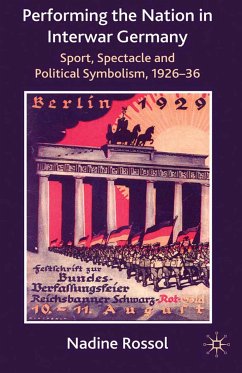
Performing the Nation in Interwar Germany (eBook, PDF)
Sport, Spectacle and Political Symbolism, 1926-36
Versandkostenfrei!
Sofort per Download lieferbar
40,95 €
inkl. MwSt.
Weitere Ausgaben:

PAYBACK Punkte
20 °P sammeln!
Performing the Nation in Interwar Germany argues that political aesthetics and mass spectacles were no invention of the Nazis but characterized the period from the mid-1920s to the mid-1930s. In so doing, it re-examines the role of state representation and propaganda in the Weimar Republic and the Nazi dictatorship.
Dieser Download kann aus rechtlichen Gründen nur mit Rechnungsadresse in A, B, BG, CY, CZ, D, DK, EW, E, FIN, F, GR, HR, H, IRL, I, LT, L, LR, M, NL, PL, P, R, S, SLO, SK ausgeliefert werden.



